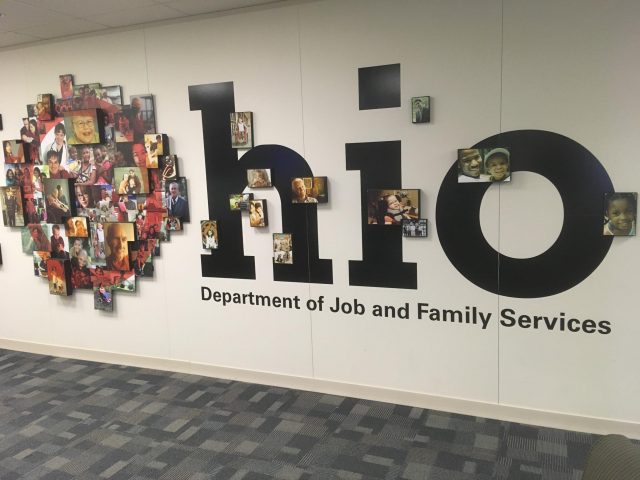COLUMBUS, OHIO – Ohioans can now apply for Pandemic Unemployment Assistance (PUA), a new federal program that covers many more categories of workers than the traditional unemployment program, the Ohio Department of Job and Family Services (ODJFS) announced today. Those who believe they may be eligible should visit pua.unemployment.ohio.gov and click the button that says “Click Here to Apply for Pandemic Unemployment
Assistance.” Individuals who pre-registered for the program received an email earlier this week with instructions for how to complete their applications.
“We appreciate everyone’s patience as we diligently worked to build this new system in record time for the agency,” said ODJFS Director Kimberly Hall. “We encourage anyone who believes they may be eligible to apply. Even after you return to work, you still may be eligible to receive retroactive benefits, dating from as early as February 2.”
PUA was made possible by the federal Coronavirus Aid, Relief, and Economic Security (CARES) Act, which was signed into law on March 27. The program offers up to 39 weeks of benefits to many who traditionally have not qualified for unemployment benefits, including self- employed individuals, 1099 tax filers and part-time workers. The benefit amount is similar to traditional unemployment payments, plus an additional $600 per week through July 25.
Many who were denied regular unemployment benefits may be eligible for PUA. Those who have pending unemployment claims may apply before they receive a determination, and individuals who have exhausted traditional unemployment benefits and any available extensions also may be eligible. The program is effective through December 31. There is no minimum income requirement. To be eligible, individuals must NOT be eligible for regular unemployment benefits and must meet one of the following circumstances:
• The individual has been diagnosed with COVID-19, or is experiencing symptoms and is seeking medical diagnosis.
• A member of the individual’s household has been diagnosed with COVID-19.
• The individual is providing care for a family member or member of the household who
has been diagnosed with COVID-19.
• A child or other person in the household for which the individual has primary caregiving
responsibility is unable to attend school or another facility is closed as a direct result of the COVID-19 emergency, and the school or care is required for the individual to work.
• The individual is unable to reach the place of employment because of a quarantine imposed as a direct result of the COVID-19 public health emergency.
• The individual is unable to reach the place of employment because a healthcare professional has advised him or her to self-quarantine due to COVID-19 concerns.
• The individual was scheduled to commence employment and does not have a job or is unable to reach the job as a direct result of COVID-19.
• The individual has become the breadwinner or major support for a household because the head of the household has died as a direct result of COVID-19.
• The individual has quit his/her job as a direct result of COVID-19.
• The individual’s place of employment is closed as a direct result of COVID-19.










